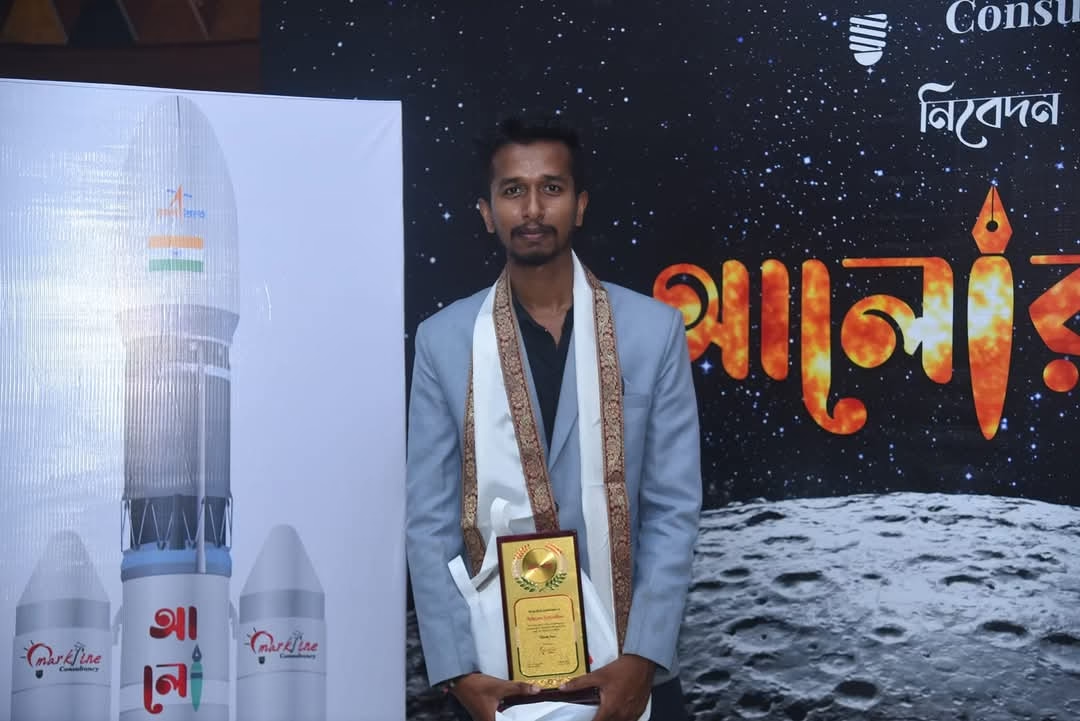Unlock 38 General Knowledge Questions on Indian Law for All December 14, 2024

Unlock 38 General Knowledge Questions on Indian Law for All
Explore 38 essential general knowledge questions about Indian law that highlight key legal principles, landmark cases, and significant reforms. Test your knowledge and stay informed about the legal landscape in India!
Introduction
As India continues to evolve as a democratic nation, understanding its legal framework becomes increasingly important. From constitutional rights to landmark judgments, Indian law shapes the lives of citizens and governs the nation’s functioning. This article presents 38 general knowledge questions about Indian law that cover various aspects of the legal system, including significant legislation, judicial decisions, and fundamental rights. Whether you are a student, a legal professional, or simply interested in Indian law, this comprehensive quiz will enhance your knowledge and understanding of the subject.
General Knowledge Questions on Indian Law
- What does Article 21 of the Constitution provide?
Answer: The right to life and personal liberty. - Who has the power to amend the Constitution?
Answer: The Parliament of India. - In India , What is the minimum age for voting?
Answer: 18 years. - Which body is responsible for conducting elections in India?
Answer: The Election Commission of India. - What is the primary function of the judiciary in India?
Answer: To interpret laws and administer justice. - Which act regulates the appointment and conditions of service of judges in India?
Answer: The Judges (Inquiry) Act, 1968. - What is a Public Interest Litigation (PIL)?
Answer: A legal action initiated in a court for the protection of public interest. - Which article provides for the establishment of a National Judicial Appointments Commission?
Answer: Article 124A (Note: Struck down by the Supreme Court). - What is the highest court in India?
Answer: The Supreme Court of India. - Who can file a writ petition under Article 32 of the Constitution?
Answer: Any person whose fundamental rights are violated. - What is meant by ‘judicial review’?
Answer: The power of courts to review and invalidate legislative and executive actions that violate the Constitution. - Which amendment abolished the right to property as a fundamental right?
Answer: The 44th Amendment Act, 1978. - What is the purpose of the Right to Information Act, 2005, and what does it aim to guarantee?
Answer: It ensures transparency and accountability in governance by allowing citizens to access information from public authorities. - Which article in the Constitution addresses the prohibition of discrimination based on religion, race, caste, sex, or place of birth?
Answer: Article 15. - Who is the ‘Father of the Indian Constitution’?
Answer: Dr. B.R. Ambedkar. - What is ‘habeas corpus’?
Answer: A legal remedy that protects against unlawful detention or imprisonment. - Which article provides for freedom of speech and expression?
Answer: Article 19(1)(a). - What does Section 375 of the Indian Penal Code define?
Answer: Rape. - Which law governs marriage and divorce among Hindus in India?
Answer: The Hindu Marriage Act, 1955. - What is meant by ‘double jeopardy’ in legal terms?
Answer: The principle of not being prosecuted or punished twice for the same offense. - Which act regulates companies in India?
Answer: The Companies Act, 2013. - What is ‘bail’?
Answer: A legal procedure that allows a person accused of a crime to be released from custody until their trial begins. - Which article empowers Parliament to make laws for Union Territories?
Answer: Article 240. - What does Section 498A of IPC address?
Answer: Cruelty by husband or his relatives against a woman. - Who appoints the Chief Justice of India?
Answer: The President of India. - What is meant by ‘contempt of court’?
Answer: Actions that disrespect or disobey court orders or undermine its authority. - Which amendment introduced the Goods and Services Tax (GST) in India?
Answer: The 101st Amendment Act, 2016. - What does Article 30 provide for minorities in India?
Answer: The right to establish and administer educational institutions. - Which act governs consumer protection in India?
Answer: The Consumer Protection Act, 2019. - What is ‘anticipatory bail’?
Answer: Bail granted in anticipation of arrest for a non-bailable offense. - Who can be impeached under Article 61 of the Constitution?
Answer: The President of India. - What does Section 66A pertain to?
Answer: Sending offensive messages through communication services (Note: Struck down by the Supreme Court). - Which law governs intellectual property rights in India?
Answer: The Intellectual Property Rights framework (includes various acts like Copyright Act, 1957, and Patents Act, 1970). - What is meant by ‘pro bono’ legal services?
Answer: Legal services provided voluntarily and without payment as a public service. - Which article provides for special provisions for Scheduled Castes and Scheduled Tribes?
Answer: Article 46. - What does ‘natural justice’ refer to in legal terms?
Answer: Principles ensuring fairness in judicial proceedings (e.g., the right to be heard). - Who has the authority to dissolve Lok Sabha before its term ends?
Answer: The President of India on the advice of the Prime Minister. - What is meant by ‘amicus curiae’?
Answer: A person or organization offering information or expertise on a case to assist the court’s decision-making process.
Conclusion
Understanding Indian law is crucial for every citizen as it shapes our rights and responsibilities within society. These questions not only test your knowledge but also encourage deeper engagement with India’s legal framework and its ongoing evolution in response to societal changes and challenges.
38 General Knowledge Questions on Indian Law for All December 14, 2024
By bAstronautWay
Grand Master Bikram Sutradhar
Bikram Sutradhar
SirBikramSutradhar
-
📘 Becoming an Astronaut in India (ISRO) – A Complete Guide After Class 12
📘 Becoming an Astronaut in India (ISRO) – A Complete Guide After Class 12 ✍️…
-
Top 20 Shubh Tracks You MUST Watch on @SHUBHWORLDWIDE 🎧
Top 20 Shubh Tracks You MUST Watch on @SHUBHWORLDWIDE 🎧 📝 Top 20 Shubh Tracks…
-
🌟🎉 Anupa Datta Shines Again with 475 Marks in TBSE Class 12 Science 2025 – A True Inspiration! Tbse Board Result 2025 🎉🌟
📅 Published on: April 30, 2025📍 Agartala, Tripura In a world where challenges often dim…
-
🚀 bAstronautWay – Your Ultimate Learning Destination! 🎓✨
TBSE CBSE Undergraduate and Postgraduate Entrance Exams 📍 Our Locations: 9863002294 / 7005561197 📚 Courses…
-
7 Powerful Reasons Why Mohammed Raheel Mouseen Is India’s Dynamic Midfield Star 🇮🇳🏑
In modern Indian hockey, where speed, strategy, and stamina define greatness, Mohammed Raheel Mouseen has…
-
Dumuni Marndi: A Rising Star in Indian Women’s Rugby
Dumuni Marndi is one of the most accomplished and inspiring female rugby players from India,…
-
1️⃣ 7 Inspiring Reasons Priti Lamba Rules Indian Steeplechase with Power and Pride 🇮🇳🏆
Priti Lamba is one of India’s most accomplished long-distance runners, celebrated for her endurance, technical…












